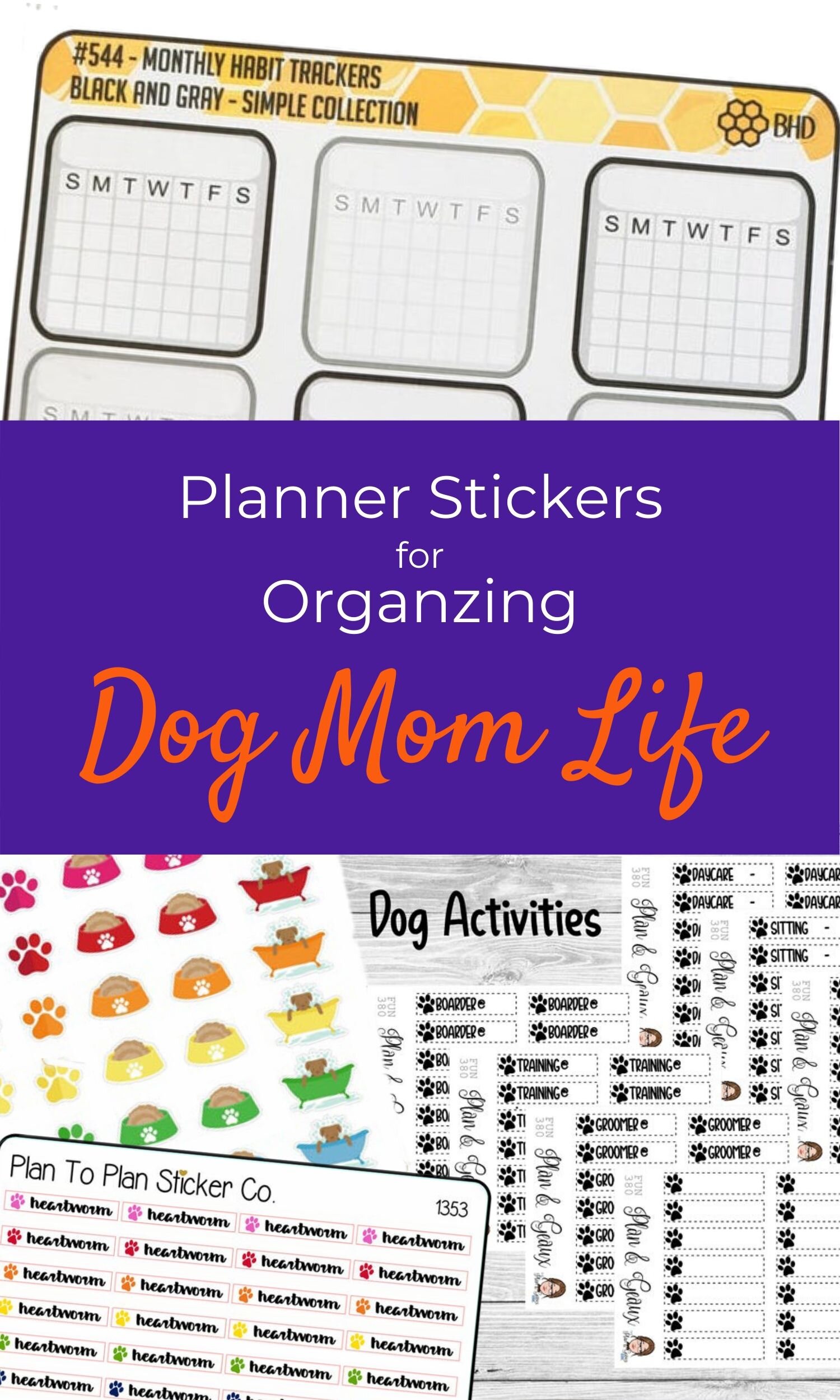Communicating More Effectively With Your Veterinarian
/When your pet is sick, you want to give your vet the most accurate picture possible for the current illness. Sometimes the information you're passing on will be direct and easy-to-recall. Other times, you may struggle with remembering symptoms that have gradually progressed over several days.
When Bernie was diagnosed with atypical Addison's Disease, Matthew and I decided that we needed a system in place to accurately chart his daily life. We knew that he could display subtle symptoms that we might not catch right away.
If you have a pet with a chronic illness, you may find our system useful. If your normally healthy and happy pet seems down or off, then using this system short-term may also work for you.
Tracking data in a composition book
Each fall, we purchase several composition books during the back-to-school sales. We use those books to chart daily life for the McSquare pups.
We track pretty much everything. Yep, we're over-the-top.
Food intake, including special treats or bully sticks
Medications, including monthly Heartgard
Various outputs (poops, pees, vomit, blood)
Activities and outings
Training sessions
Data provides clarity for busy households
Matthew works overnights, so when he comes home in the morning, I'm usually already at work. He can check my charting and see what's happened. Same thing when I come home. I can see the last time the pups had a potty break.
And this system works beautifully when Bernie's atypical Addison's Disease gives him trouble. Sometimes he's lethargic because he's a pup living in Tucson, Arizona, and summers here are unbelievably hot. Other times, he's less energetic because his stress level has gone up.
By keeping track of key data, we can look back over the past few days to see if anything unusual may be contributing to his stress level. We can see how long his appetite has been diminishing. We can see the last time he did poop and know that we're not guessing.
Oftentimes, I'll highlight key events or use post-it flags to mark pages that we need to discuss with our vet. When we started thinking that Lizzie was almost house trained, I highlighted the instances of her accidents. We could tell that her accidents had much more to do with us not getting her outside quickly enough than her not understanding that she needed to do her business outside.
Data informs your vet visit
If your pet is ill, then whether you're going to your regular vet or the emergency vet, you're going to be asked what brings you in that day.
Your answer will be a concise description of the history of the present illness because you'll know the start date/time and know how the symptoms evolved.
I always take the composition book with us on any vet visit because it allows me to give as much or as little information as the doctor requires. If I'm asked a specific question about when was the last time Bernie ate, I know. If the vet is concerned about dehydration, I can report how often he's peed. I know when he received his last medication dose.
Our most recent emergency vet visit
Last week, I took the pups to a new dog park. Lizzie had never been to a dog park before and Bernie hasn't been in several months. Thursday morning Bernie threw up a little and we could tell that his GI tract was irritated because there were a few specks of blood in the vomit.
TIP: Keep a few white wash cloths or small towels around to sop up vomit. The contrast in color allows you to see easily if there is anything like blood or plant particles in the vomit.
While we gave Bernie an extra dose of Prednisone to support his adrenal system, he must have been thrown for quite the loop last week. On Saturday night just before Matthew left for work, poor Bernie threw up again. This time, there was a good deal more blood in the vomit, so off we went to the emergency vet.
Bernie waiting in the exam room at the emergency vet. The composition book conveniently located on the chair.
Getting Bernie through their triage process is usually pretty straightforward. He presents as stable with good vital signs. I give the technician the details about his most recent episode, the background piece on his atypical Addison's Disease, and then we wait for our turn.
Getting blood drawn and subcutaneous fluids administered was exhausting. Our peppy little guy was tired by the end of our emergency vet visit, and ready to head home.
This past Saturday night, the emergency vet was busy. Two different people brought in stray dogs that they found. Several people came in during visiting hours to see their pets who were there overnight recovering from surgery. And you could hear many different doggie noises in the back.
When Bernie and I got into an exam room, the technician took down a full timeline of his symptoms for the past four days. With our composition book in hand, I could answer every question.
A few minutes later the vet entered the room and made a comment about Bernie's diarrhea.
Since Bernie didn't have diarrhea, I figured there was a miscommunication somewhere. And they're clearly busy. Who knows how many pups and other animals this vet has seen.
I let her know that I didn't report diarrhea, but Bernie had vomited with more blood than usual. Having the composition book actually kept me focused on giving her the correct data regardless of what was already written down or read inaccurately.
She went over her plan for diagnosis and a few minutes later the technician was back to take Bernie for some basic labs. Sure enough, he was slightly dehydrated, so they administered subcutaneous fluids. They gave him some anti-nausea medication, and sent us home with Succralfate tablets that will coat his GI tract and reduce inflammation.
Bernie has been enjoying his diet of chicken, rice, and cottage cheese in small, but frequent meals. He also loves getting extra medication because it means more peanut butter. Lizzie has been a supportive little sister. She, too, enjoys a little extra peanut butter treat when Bernie receives his medication, and intuitively she knows that Bernie isn't 100%. She's been playing by herself or with me, or sleeping near her big brother.
































